In my Gmail inbox, I’m given three automated, short responses from which to choose. For example, “Thanks, I’ll check it out!” “Awesome, thanks!” “Got it!” These same automated responses appear in Skype chat, as well as social media. (I recently, perhaps unwisely, joined Alignable—think LinkedIn for small businesses—and was provided three types of subject lines when making a connection: get coffee?, schedule a meeting?, or something else I’ve already forgotten. Alignable provided specific text for each of these possibilities.)
None of the automated messages sound anything like me. They’re brief, generic, and bland. The language is nothing I’d use. I understand that many (most?) people use smartphones, and businesses try to make life easier for smartphone users. Hence, automation—click a button to respond; no effort needed.
But I want to take a stand against automation and hurried replies. I want to make a plea for kind, personal, thoughtful communication. Our country—our world—is fractured. There’s noise, bluster, and dehumanization in both the news and social media. If we want to heal and grow our communities, our families, our friendships, our inner-lives, we must communicate in real, true, deep ways. We need to look each other in the eye, listen deeply, and speak with integrity and kindness.
This happens not only in person but when we interact via email, text, or chat. If we remove our presence, our attention, and our heart, then we’re left with more noise and meaningless chatter. Real change doesn’t happen unless we connect.
Yesterday, I listened to an “On Being” episode with Mirabai Bush. She suggested this practice: “Type out your email, either a response or an initiating email. Then stop, take three deep breaths, follow your breath in and out. Then reread the email from the perspective of the person who is going to receive it. Is this person likely to be agitated or angry or frustrated or whatever the emotion would be? Or maybe, even, is this person likely to think you’re offering more than you actually are? Think about it from that person’s perspective and then either change it or not and then send.”
After going through that process, we might even choose to make a phone call or walk into someone’s office. Some ideas and messages are best relayed in person. The tone of email (or written word) can be misinterpreted, more so when we’re rushed or using an automated response.
I’m pleasantly surprised when people tell me they’ve changed their communication habits based on messages they’ve received from me. When we receive kindness or a specific, heartfelt thank you within our inbox, it glows. It glows in comparison to all the demands, mass marketing, and impersonal requests.
What we say to each other matters. We can be present, honest, and kind. Or we can be distracted, unaware, and critical. Each moment, we have a choice. In our speech and in our written word, we can take a 3-breath pause. We can make space for real connection. This is how we live, love, heal, and grow as community.


